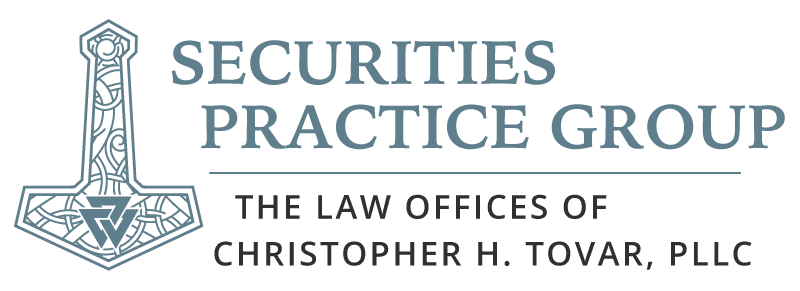
If you are a broker who has had what you think is defamatory language put on your Form U5, the only way you can compel changes to your record is to bring a defamation suit at FINRA Dispute Resolution against the firm that filed it.
Although defamation laws vary state-to-state, in general, a statement is defamatory if it is a false statement of fact that has the potential to harm your reputation by either: (1) deterring third persons from associating or dealing with you; or (2) lowering the esteem in which you are held in the community.
Brokerage firms can use “privilege” as a defense to a Form U5 defamation claim, recognizing that the investing public has a strong interest in having accurate information about their brokers. But the level of privilege firms may exercise in completing the Form U5 varies from state to state. In most states, there is a qualified privilege that protects brokerage firms from defamation lawsuits for Form U5 statements made in good faith, without malice or recklessly. See, e.g., Baravati v. Josephthal, Lyon & Ross, Inc., 28 F.3d 704 (7th Cir. 1994) (Illinois law). Fifteen states (Hawaii, Idaho, Indiana, Iowa, Kansas, Maine, Michigan, Minnesota, Mississippi, Missouri, New Mexico, Oklahoma, South Carolina, South Dakota, and Vermont and the U.S. Virgin Islands) have adopted the 2002 version of the Uniform Securities Act (“USA”) providing qualified immunity to persons who make defamatory statements in connection with a filing like the U5 that is required by law or industry rules. New York allows absolute privilege for defamatory statements arising from Form U5s. See Rosenberg v. Metlife, Inc., 8 N.Y.3d 359, 361-68 (2007). California used to, as I’ve written in a previous blog, that may no longer be the case.
Whether state law affords firms absolute, qualified, or no immunity, most Form U5 defamation claims must proceed to arbitration, not court, and FINRA arbitrators often do not evaluate whether a privilege applies until all evidence has entered the record and has been reviewed over the course of trial.
Also, consider that FINRA arbitrators often just decide simply whether the Form U5 disclosures are inaccurate or false, and not whether you can satisfy each element of a defamation claim.
Contact Law Offices of Christopher H. Tovar, PLLC to discuss your potential U5 defamation claim.

